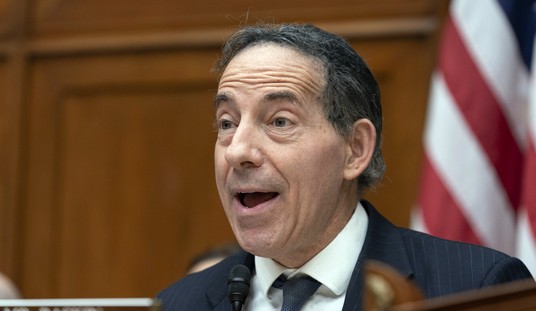Google’s Chrome browser is so popular they can now shape the Internet with it. But are they breaking the law?

Google’s Chrome browser has about 60% desktop market share, and 50% mobile market share. That’s a very powerful market position. In itself, a powerful market position is harmless. It’s an expression of customer choice.
Powerful market positions become a problem for the public, however, when the companies that hold them begin to exploit them to make gains in other markets. In fact that’s often an illegal act in the United States. For example, in 1998 the US Government alleged that Microsoft used its dominant position in the Operating System market to try to control the web browser market.
Google is highly protective of its advertising business. Since acquiring Doubleclick, they’ve taken a huge share of the advertising market, and they’ve sought to grow that. Their primary business these days appears to be to gather information about you, and sell it to advertisers. “It makes the vast majority of its revenue through its ad network,” says CNN. That’s why their servers refuse to honor the Do Not Track browser flag, for example.
Well, now Google is taking dominance in the web browser market, and trying to use it to increase their control of the advertising market. They’re going to block ads in Chrome, but selectively. They won’t block approved ads, which will include most Google-served ads.
This is a direct swipe at ad competitors using Chrome market share. Google is trying to distract from that with misleading language:
To determine which ads not to show, we’re relying on the Better Ads Standards from the Coalition for Better Ads, an industry group dedicated to improving the experience of the ads we see on the web. It’s important to note that some sites affected by this change may also contain Google ads. To us, your experience on the web is a higher priority than the money that these annoying ads may generate—even for us.
Note that they could have said “some of these ads may be Google ads,” but they didn’t. Because they can’t. They’re giving Google ads a free pass. They’re selectively blocking specific competitors. The goal here is to drive people to move more ad units to Google, so they take over the industry.
Businesses may not be able to afford to stand up to Google on this, and could easily be bullied into compliance, lest they risk losing literally half of their ad impressions. It’s on the public, possibly operating through government, to stop them.













Join the conversation as a VIP Member